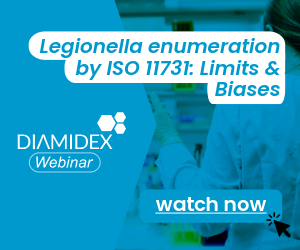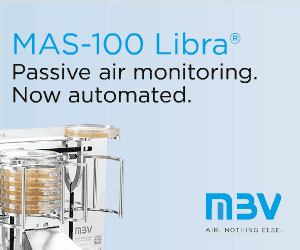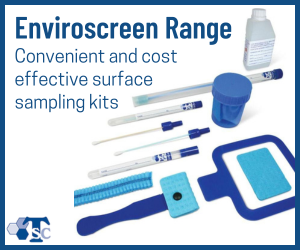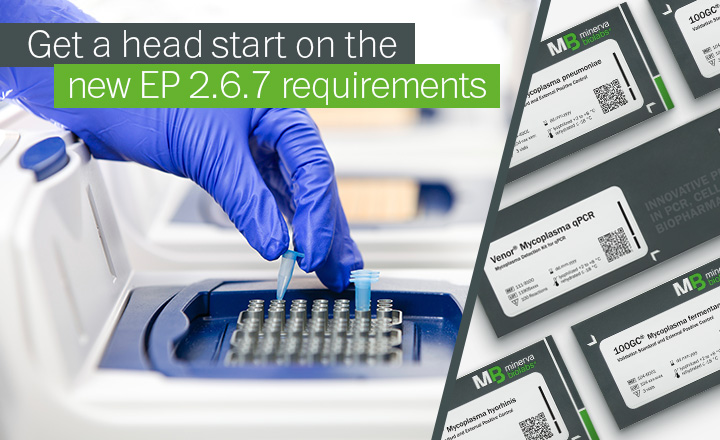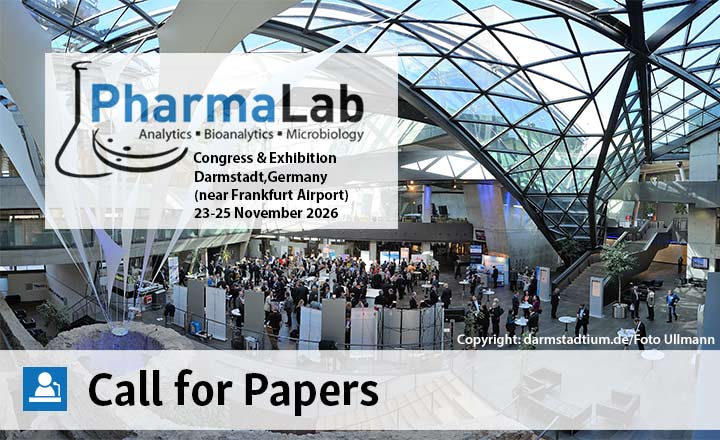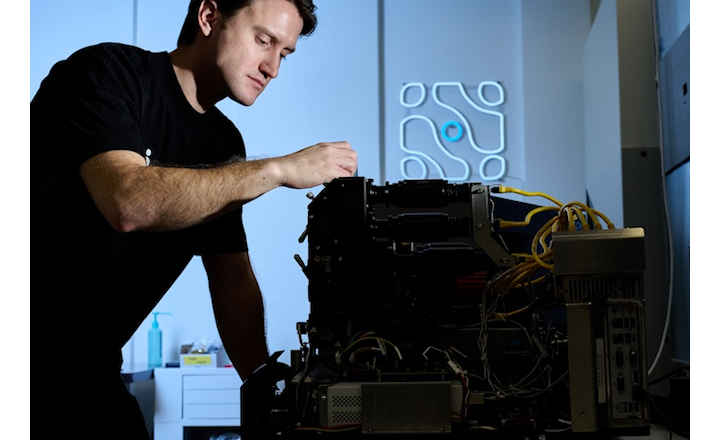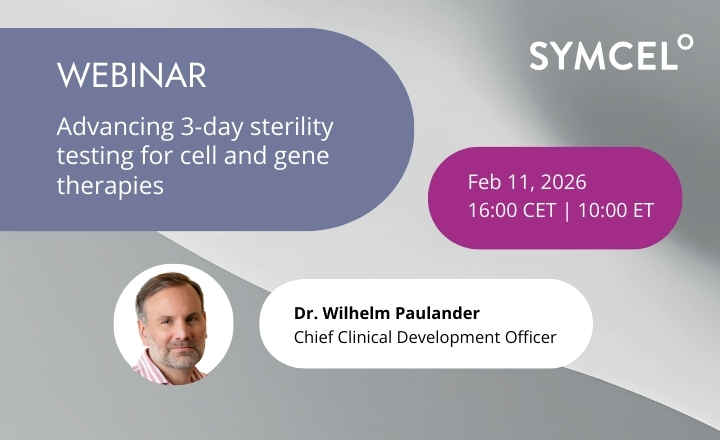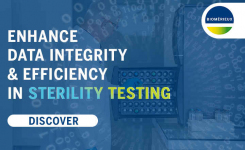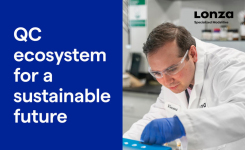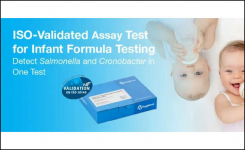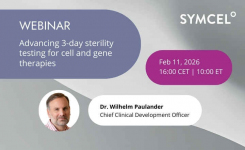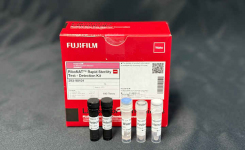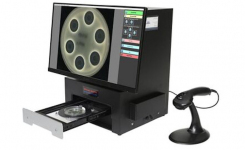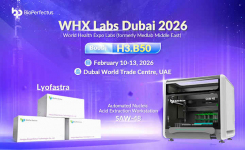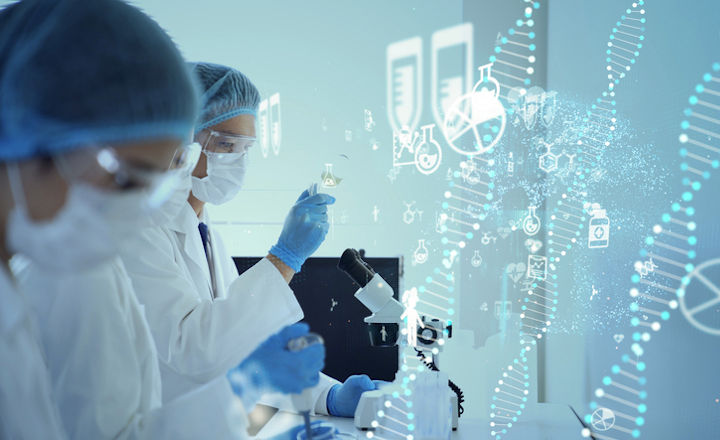
The Cell and Gene Therapy (CGT) Development Congress was held recently in Dublin, Ireland. Organized by Oxford Global, the event facilitates discussion in streamlining and fast-tracking the manufacture, development, and commercialization of advanced therapy medicinal products (ATMPs). There are four main groups of ATMP: gene therapies, somatic cell therapies, tissue-engineered therapies, and combined therapies. The European Medicines Agency (EMA) has authorized 25 ATMPs, and Ireland aims to become a global leader in ATMP manufacturing.
Dublin is home to a large cohort of pharmaceutical companies, particularly in its ‘Grange Castle’ campus, a biotech hub much like Thousand Oaks in California, that includes Takeda, a company with an EMA-authorized CGT product, and who was represented at the event.
This networking forum brought together people from different disciplines and countries in the CGT space, including microbiologists, biotechnicians, regenerative medicine researchers, and IT specialists.
For the QC microbiologist, CGT manufacturing has inherent challenges: the process is primarily manual, raw material is of human origin, and a fast turnaround of results is required as many ATMPs are personalized therapies for people with rare genetic disorders and auto-immune diseases that need the product to be released, transported and quickly administered.
All these factors combined make a case for using rapid and automated microbiological technologies over traditional microbiology techniques in CGT manufacturing.
With CGTs costing upwards of €1million for a single dose, any further human intervention in processing that comes with traditional microbial testing methods can be avoided using rapid microbiological methods (RMM) such as Rapid Micro Biosystems Growth Direct® System.
Novartis, one of the companies with an EMA-approved gene therapy drug on the market, now use the Growth Direct System for its water testing after evaluating it through its RMM launch center that centralizes the process of validating and implementing rapid methods, enabling swift adoption of RMMs at each of its sites.
The Growth Direct® system automates the compendial method of environmental monitoring (EM) and bioburden and reduces contamination risks in the testing process by eliminating >70% of the manual steps and improving the overall efficiency of the lab by introducing digitalization and data integrity.
Johannes Oberdörfer, Field Application Scientist at Rapid Micro Biosystems, provided real-life case scenarios to the congress where the Growth Direct® System has or could have saved pharma companies from damages in terms of reputation and cost or increased regulatory scrutiny.
In one scenario involving a biologics manufacturer, the Growth Direct® System prevented a $1Million batch from being unnecessarily destroyed when it proved a positive bioburden result did not originate in the drug product.
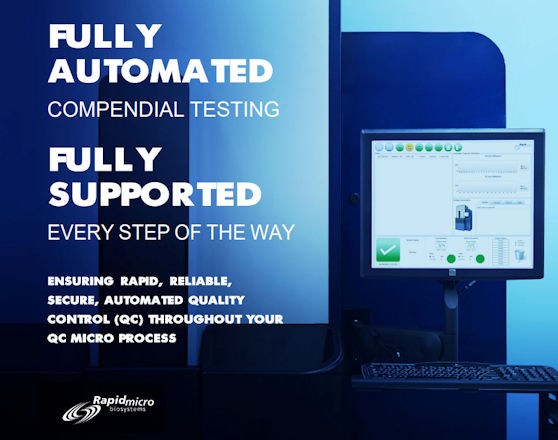
“Unlike other companies with a large product portfolio, all our focus is on just one. Nobody is providing the type of service we provide regarding validation, support, training, and consultation. For example, we facilitate discussions between our Growth Direct® customers through independent user groups in the US and Europe.”, said Serge Ohresser.
Mycoplasma contamination in the manufacturing process of ATMP poses a potential health risk to patients. Waiting up to 28 days for results as with typical sterile products is not possible with ATMPs, which can be the case for Mycoplasma testing if contracted out, and rapid Mycoplasma test methods recommended in the pharmacopeia, like bioMerieux’s BioFire Mycoplasma, can solve that problem.
“This has opened the door for us,” says Stephen Gleeson, Healthcare Account Manager at bioMerieux who is fully aware of the challenges facing ATMP manufacturers.
“QC microbiologists are working on very small sample sizes from small volumes and there is a limited time to do QC testing. With this type of product, pharmacopeia has acknowledged it as not your typical sterile product and have made allowances for that, and this is where our BioFire Mycoplasma test can be used to help out,” said Stephen.
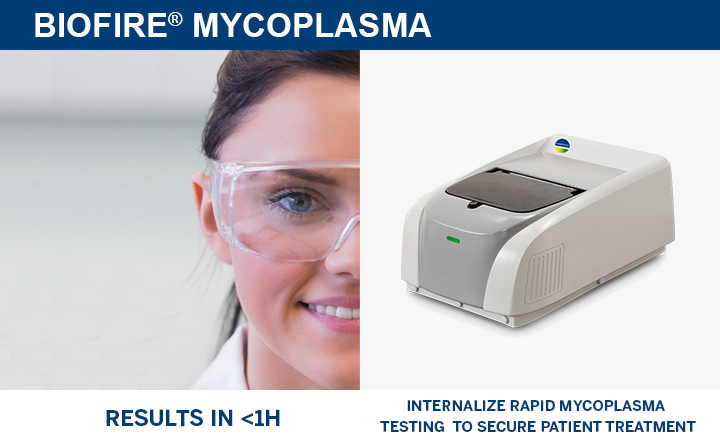
Launched in 2020, bioMeriuex’s BioFire® Mycoplasma makes it easy to quickly test at any point in the manufacturing process. The automated multiplex-PCR-based system meets the regulatory requirements of all major pharmacopeia for final product Mycoplasma testing and is easy to use with a small footprint. The BIOFIRE system consists of two components- the FilmArray® instrument and the single-use “molecular lab in a pouch” disposable. In just three easy steps, results are returned in under 60 minutes.
Make sure to subscribe to rapidmicrobiology.com’s newsletter to hear about upcoming Cell and Gene Therapy related events.


